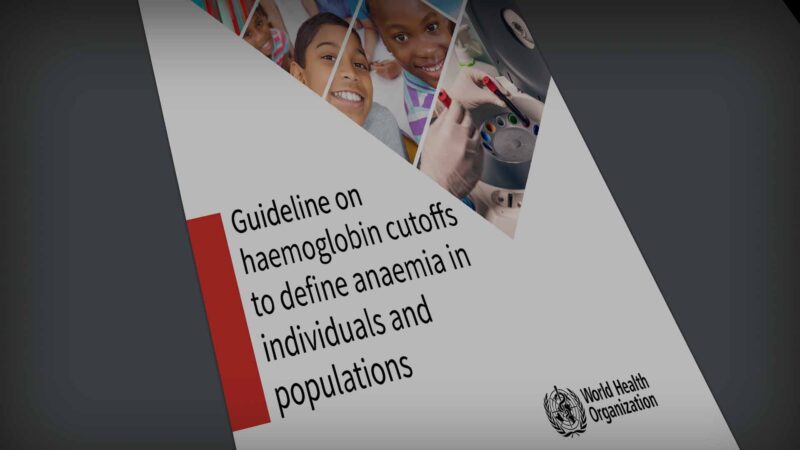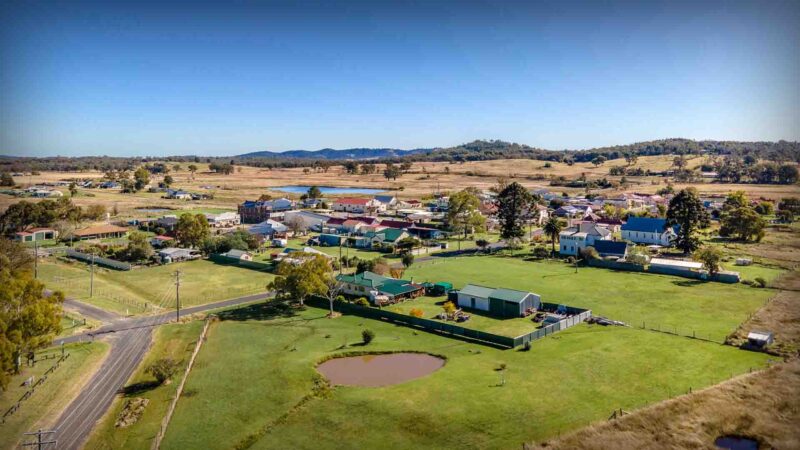Leonie Short is a Dental Practitioner and Dental Therapist. She started working as a dental therapist in Rural NSW and then moved into being an academic and researcher. Through her career, Leonie has worked at 6 universities across New South Wales and Queensland, and remaining community focused.
Prior to starting her business, Leonie, was a consumer advocate in the fields of breast cancer, colorectal cancer, substance abuse before concentrating on oral health. Her passion led her to start her business.
Seniors Dental Care Australia focuses on oral health care training and education for workers in the aged home care and disability sectors. These are the whole range of health workers from carers, enrolled nurses, registered nurses, allied health practitioners and general practitioners recognising the need to improve oral health care. Leonie talks about the passion and attention to delivering oral health care teachings.
As a hands on practitioner, Leonie typically delivers training in person and through a shift pattern at seniors or disability support facilities, and also via online. She feels in person and on site delivery is more engaging and raises confidence levels in carers.
Over the past 8 years Leonie has encountered smelly mouths, rotted teeth, infected gums and dirty dentures. Her aims are for people to have nice healthy clean mouths, to be able to smile, to talk, to taste and to eat.
Without a clean mouth, cases of aspiration pneumonia and infected endocarditis increase leading to hospitalisation and death. Leonie talks about a case in the UK of ill-fitting dentures being untreated, compounded by COVID precautions to oral examination leading to the patient choking on her dentures and dying.
Leonie’s mission is to have improved oral health experiences and outcomes, however she recognises, the health system really needs to work hard to make it happen and for people to understand why it needs to be a priority.
You Might also like
-
Landmark Australian-led study revises thresholds to diagnose and treat anaemia
In 2014, WEHI researchers began a study at the request of the World Health Organization (WHO), to formally review its global anaemia guidelines that were last updated in 1968.
Study lead and Acting WEHI Deputy Director, Professor Sant-Rayn Pasricha, speaking to Australian Health Journal said while anaemia can be diagnosed by measuring the amount of haemoglobin in the blood, there is currently no consensus on the thresholds that should be used to define the condition. -
Medical colleges reform to address accessibility, affordability and rural challenges
Australia’s specialist medical colleges are introducing significant changes to their training selection processes to tackle the ongoing shortage of specialist doctors in rural and remote areas. The Council of Presidents of Medical Colleges (CPMC), in collaboration with the National Rural Health Commissioner, has unveiled new guidelines that prioritise candidates with rural backgrounds and experience during trainee selection.
-
National Cancer Plan activates Australian Comprehensive Cancer Network
The landscape of cancer care in Australia is set to transform with the Australian Government launch in May 2024 of the Australian Comprehensive Cancer Network (ACCN) at the Innovations Showcase event, hosted by Cancer Australia in Sydney, Australia.
The ACCN is a nationally integrated system of cancer care, aimed at enhancing patient experiences and outcomes through coordinated and equitable access, by linking to comprehensive cancer services across Australia. Anchored by Comprehensive Cancer Centres (CCCs), the ACCN strives to deliver evidence-driven prevention, diagnosis, treatment, and support to all Australians affected by cancer.



